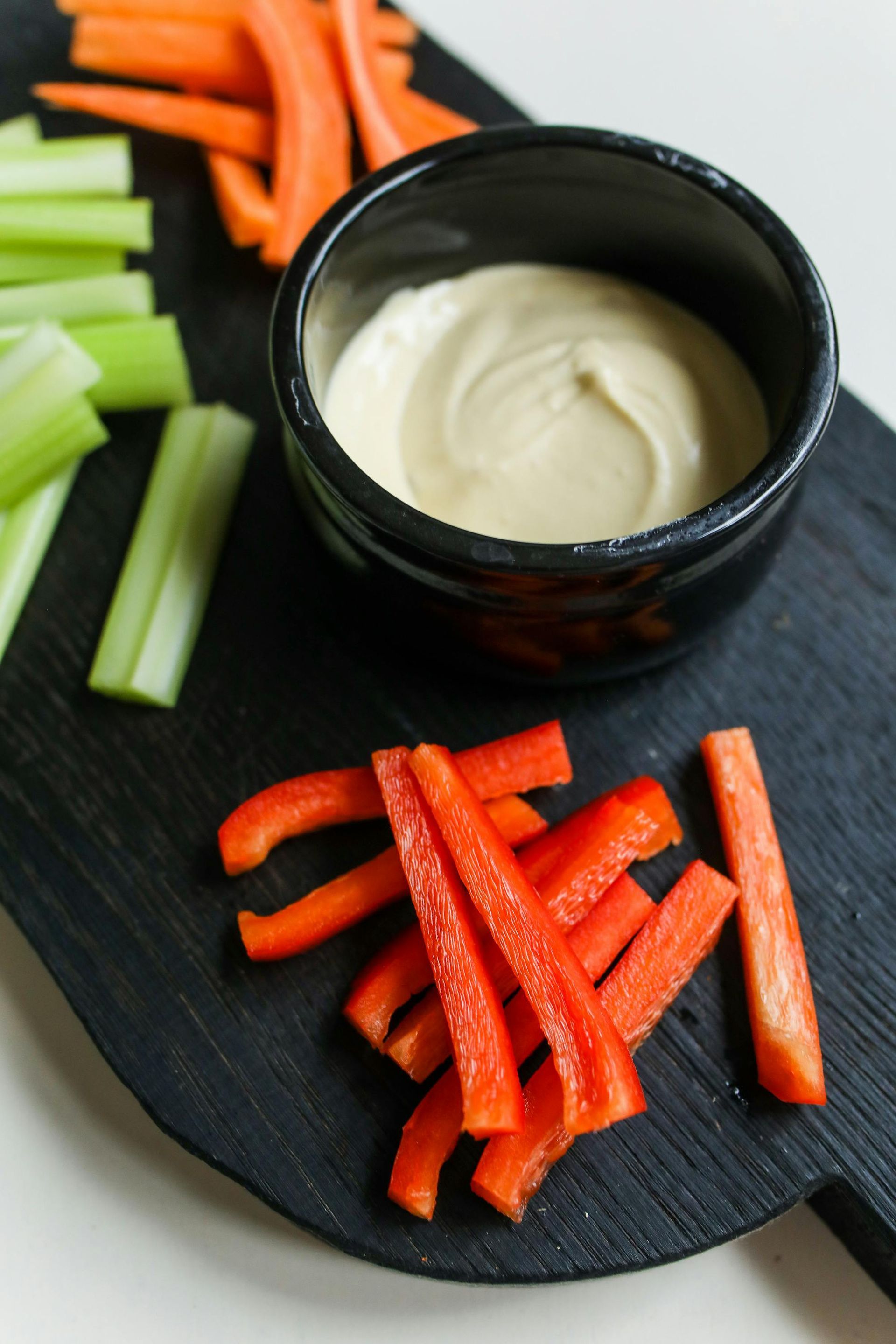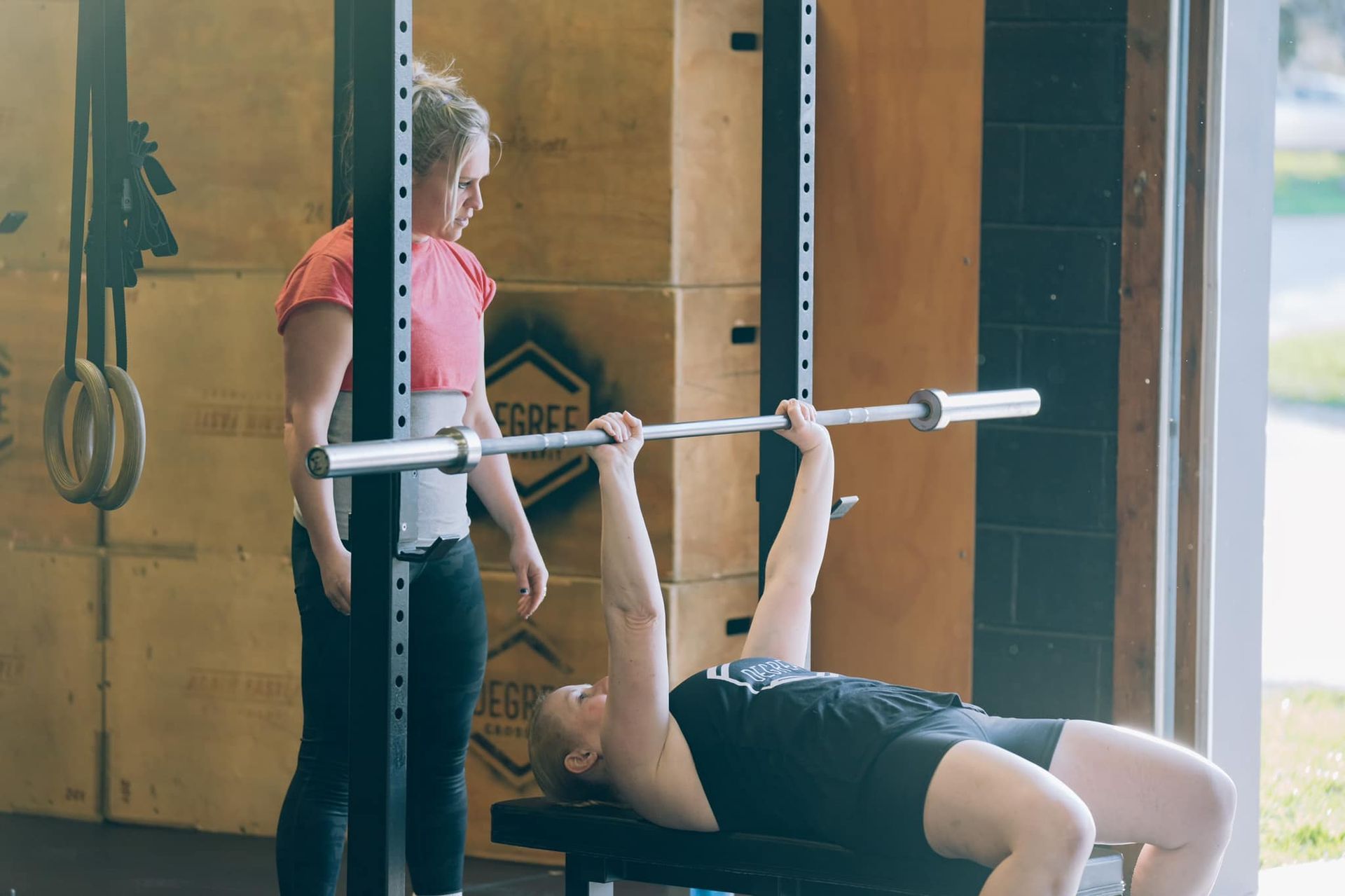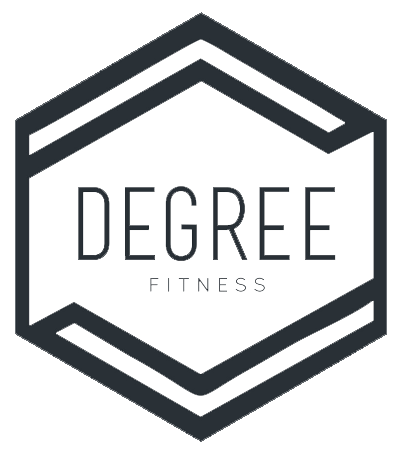Nutrition and Social Media
Written By: Mairead, Registered Dietitian
In my work as a dietitian, every single day I hear someone say "I know I shouldn't look for information on social media but I saw....". It's a good thing that people are curious, and a good thing that they're looking for confirmation about whether something they saw is accurate. The internet in general can be a great tool - there's so much access to information! But because there is so much information, it can be overwhelming, and not all of that information is accurate or applies to every single person. Social media exacerbates this issue because everyone can post anything they want any time!
On social media, it's hard to know what's true or not. The information shared can be perfectly accurate, somewhat accurate but taken out of context or exaggerated, or wildly inaccurate. If you don't know a lot about the topic you're looking at, you may never know which it is. You can always fact-check with a more reputable source, but many of us don't have time for that. Anyone on social media can make themself seem like an expert. If you're trusting someone for information, make sure the claims they make can actually be trusted.
We all know that social media is a highlight reel, but it's always worth the reminder. Sure, you may be seeing all the workouts someone did and the healthy meals they're making, but that might not actually be representative of their habits. The trend of "what I eat in a day" videos is a great example of this - do they actually eat like this? Is it just this one day for the video? As a consumer of this content, you may never know.
Nutrition information on social media is prone to exaggerations. Words and phrases like "never eat this" and "everyone should..." are catchy and get likes, but may not actually be true. Nutrition and how we eat to meet our needs is so personal. We could never say that no one or everyone should do anything! Going back to the example of "what I eat in a day" videos, even if we all ate and exercised exactly like any specific influencer, our genetics and biology mean we still wouldn't look just like them.
Finally, because there's so much information on social media, it's hard to know what actually applies to us. If you're seeing nutrition information about a specific medical concern, that's only helpful if you have that same condition. In some cases, some of the information may be preventative (like heart disease and diabetes), but a lot of information is only useful for the people it specifically applies to.
The bottom line is that social media can be great resource when it comes to nutrition - we can find information, inspiration and community. But we should always think critically about the information we're consuming to make sure it's accurate and actually applies to us.
Looking for more personalized nutrition information or to make sure you're getting evidence-based advice? Let's chat! Email mairead@degreefitnessseaforth.com for more info about our Nutrition Programs or click HERE to book your FREE Bite-Sized Nutrition Chat!



